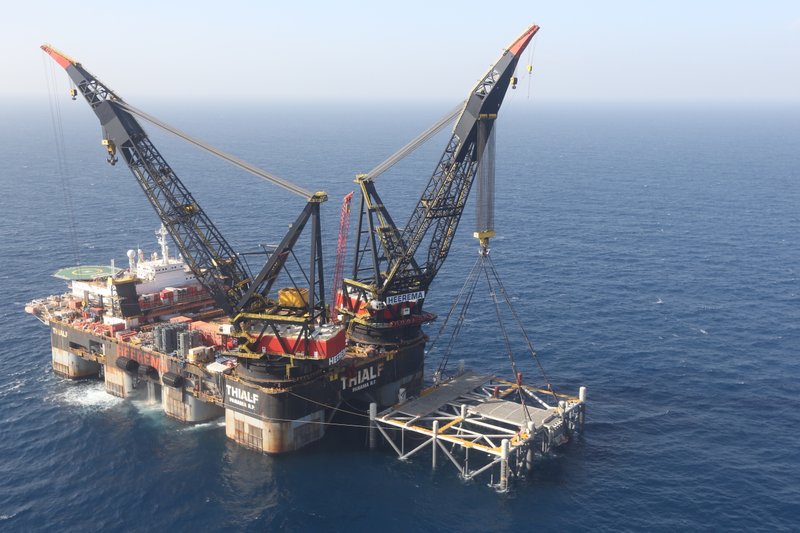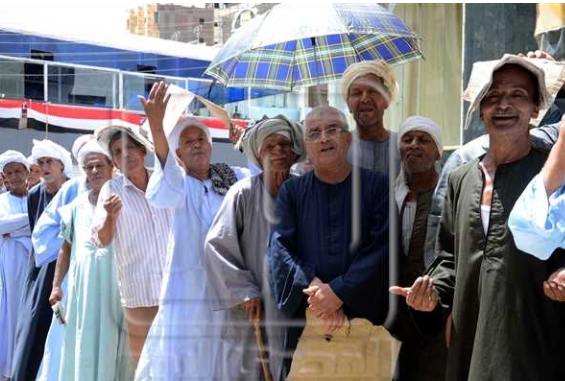
Israeli Energy and Infrastructure Minister Eli Cohen said that Tel Aviv will not sign a gas export agreement with Egypt until it is certain that its security interests are protected, in addition to ensuring fair prices for Israeli consumers, RT reported on Monday.
In an interview with Israel’s Channel 7, Cohen explained, “As a member of the cabinet, I will not approve the deal before ensuring that Israel’s security interests are protected and that a fair and competitive price is guaranteed for Israeli citizens.”
Cohen added that the details of these security interests cannot be disclosed, noting that the gas deal “is not just about sales,” but also has economic, political, and security elements.
The Energy Minister noted that the deal strengthens the economy, supports the shekel, and contributes to stability, but it must be used wisely within political and security spheres.
US pressures Israel to sign the deal
The minister revealed that the US had been pressing for the deal to be finalized before US Energy Secretary Chris Wright’s visit to Israel in late October, as it is the largest agreement of its kind, valued at US$ 35 billion.
In rare public disagreement, US Energy Secretary Chris Wright canceled his planned six-day visit to Israel after his Israeli counterpart, Eli Cohen, refused to ratify a massive gas export agreement recently reached between Israel and Egypt.
Cohen emphasized that he refused to yield to any American pressure, stating that while the US is a friendly government, no one would influence him as a minister before Israeli interests are served.
In August, Israel’s Leviathan gas field signed a $35 billion natural gas export agreement with Egypt, the largest such agreement in Israel’s history.
However, Cohen’s office says it will not approve the deal until “fair prices for the Israeli market are agreed upon.”
The office believes that the administration of US President Donald Trump has exerted significant pressure on Israeli Prime Minister Benjamin Netanyahu and Cohen to approve the agreement.
The Israel Hayom newspaper reported that the American energy giant Chevron, which operates the gas field, is also pressuring Tel Aviv to ratify the agreement.




